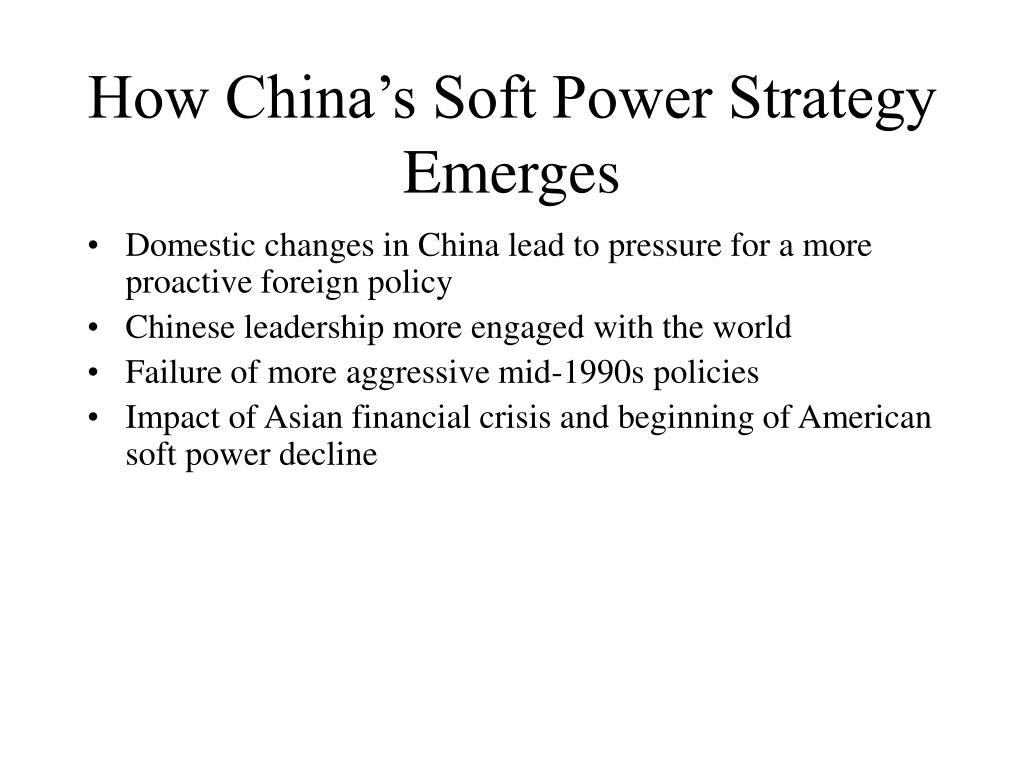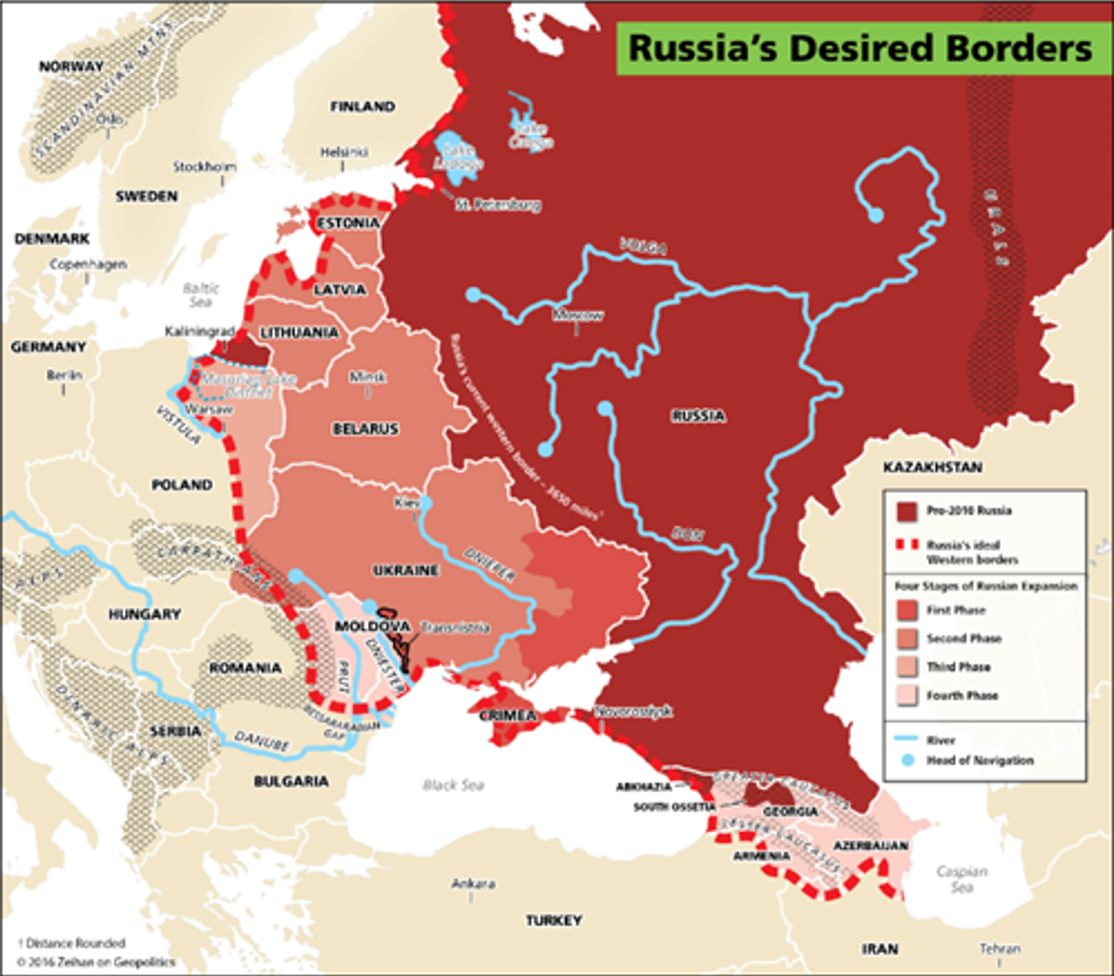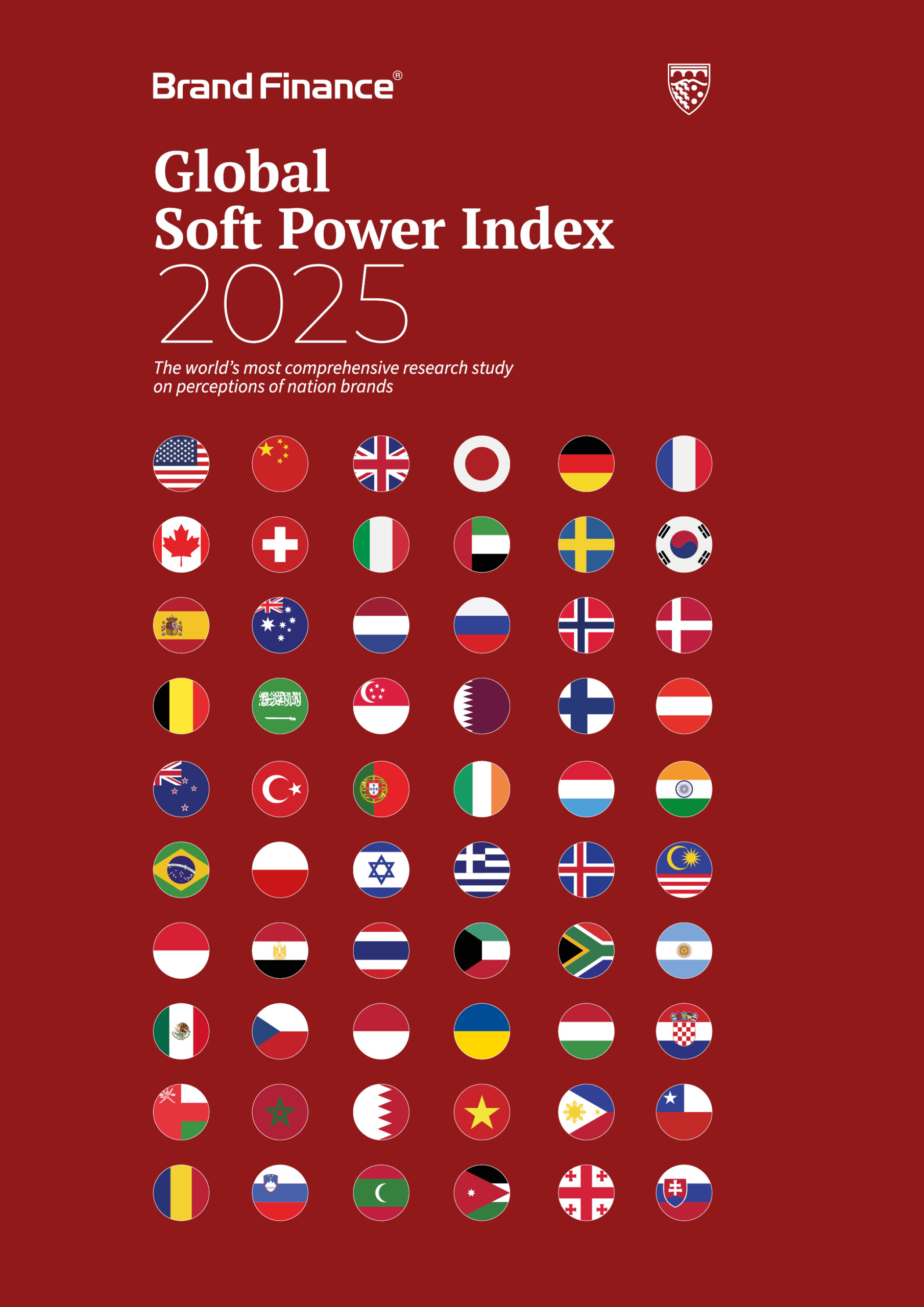China Soft Power - Influence Beyond Borders
China, a truly immense land in East Asia, stands as the biggest of all Asian nations, and it is home to a very large number of people, more than almost any other country on the planet. Occupying nearly all of the eastern Asian landmass, its sheer scale, you know, makes it a presence that's hard to overlook on the global stage.
This country, a place of ancient stories and a long, rich past, seems to hold a certain appeal for folks from far away who like a bit of adventure. It's not just about its size, though, or its many citizens; there's a subtle kind of draw that comes from its deep cultural roots and, like, its long-standing traditions. This quiet influence, in some respects, shapes how the world sees it, way beyond just what happens in trade or politics.
So, when we talk about a country's influence, it's not always about armies or big economic deals. Sometimes, it's about something a bit softer, something that wins hearts and minds, more or less. This idea, often called "soft power," is something China has, too it's almost, in its very essence, from its history and culture, to how it connects with people across the globe. We can look at how its unique characteristics, some of which are just part of its very fabric, might play a role in this kind of influence.
- Liensue Only Fans Leaked
- Abby Rose Biography
- Luis Rojas Jane Elliott
- Honkai R34
- Camilla Araujo Sextape Leaked
Table of Contents
- How Do Ancient Roots Shape China Soft Power?
- Exploring China's Cultural Tapestry and Its Soft Power Appeal
- Does Geographical Grandeur Impact China Soft Power?
- China's Global Connections and Soft Power Reach
- Economic Ties - A Quiet Force for China Soft Power?
- The Allure of the Land - How Visitors Experience China Soft Power
- Information Flow and China Soft Power
- What Might Be Next for China Soft Power?
How Do Ancient Roots Shape China Soft Power?
China, you know, is more than just a country on a map; it's truly an old civilization, a place where history runs deep, like a very old river. This region, often referred to as Jhongguó, has been a center of human development for a very, very long time. Its past stretches back thousands of years, giving it a sort of wisdom and a distinct outlook that few other places can match. This long history, with its many stories and advancements, actually shapes a lot of what people think about when they consider China.
The cultural region itself, you see, has given the world so many things, from incredible inventions to unique ways of thinking about life and the universe. This heritage, quite literally, means that China's influence isn't just a recent thing; it's something that has been building up over countless generations. Think about how certain art forms, or philosophical ideas, or even types of food that originated there have spread far and wide. That, in a way, is a very natural kind of soft power, drawing people in through shared appreciation for beauty and thought.
When people learn about China's ancient past, about its dynasties and its thinkers, it tends to be something that sparks curiosity and a sort of respect. It's not just facts in a book; it's about how these old ways of life and thought have left their mark on the present. This deep well of history, in some respects, provides a rich background that makes China quite compelling to those who seek to understand different cultures. It's a quiet strength, really, that comes from having such a long and involved story to tell the rest of the world.
Exploring China's Cultural Tapestry and Its Soft Power Appeal
The idea of China as a cultural region is pretty important when we talk about its soft power. It's not just a collection of borders; it's a place where many different traditions and art forms have, like, grown together over time. This mix creates a very rich and varied cultural fabric that, basically, offers something for almost everyone. From its traditional music to its unique forms of visual art, there's a huge amount to explore and appreciate.
Consider the different festivals, the various styles of cooking, or the distinct approaches to storytelling that have come from this part of the world. These things, you know, aren't forced upon anyone; they are simply there, available for people to discover and enjoy. When someone experiences a bit of Chinese culture, whether it's through a film, a piece of music, or a meal, it can create a connection, a kind of shared moment that builds a positive feeling. That, really, is a core part of how soft power works.
The sheer depth and variety of China's cultural offerings mean that its influence can spread in many subtle ways. It's not just about what the government does; it's about the everyday expressions of its people, the art they create, the food they cook, and the stories they tell. This deep cultural foundation, you see, provides a constant source of appeal that, quite naturally, draws people closer and helps shape a more nuanced view of the country. It's a very organic way for a nation to build goodwill and a good reputation around the globe.
Does Geographical Grandeur Impact China Soft Power?
China's physical size is truly remarkable, something that, quite honestly, makes you pause and think. It's the biggest country in all of Asia, and it covers almost the entire landmass of East Asia. This sheer scale, this vastness, means that China's presence is felt in many different ways, not just in terms of its people or its economy, but also, you know, just by its very existence on the map. It's the third largest country on Earth, covering a truly immense area of about 9,600,000 square kilometers.
This huge geographical footprint, in some respects, gives China a kind of natural prominence. When you think about a country that big, it's hard not to also think about the diversity within its borders, the different climates, the various landscapes, and the many kinds of communities that live there. This internal variety, you know, can itself be a source of interest and fascination for people outside its borders. It suggests a country with many different facets, not just a single, simple identity.
So, while geography might seem like a very basic fact, it actually plays a part in how a country is perceived, more or less. A nation that is so vast, that touches so many different environments, tends to be seen as a significant player, just by its sheer physical presence. This can, in a way, contribute to a sense of its importance and its reach, which, you know, can then feed into a broader appreciation or curiosity about what that country represents. It's a quiet, but actually very real, aspect of its overall influence.
China's Global Connections and Soft Power Reach
Given its enormous size and population, China naturally has many connections with the rest of the world. These connections aren't just about trade or politics; they involve people, ideas, and shared interests. The sheer number of people in China means there are, you know, countless individual connections being made every day, whether through travel, education, or simply communicating online. This web of relationships, in some respects, forms a very real part of its soft power.
When people from different countries interact with individuals from China, it can build bridges and create a sense of shared humanity. These personal experiences, you know, often go a lot further than official statements or government initiatives. They help to break down preconceived notions and build a more nuanced picture of the country and its people. This kind of direct engagement, in a way, is a very powerful tool for spreading influence and building goodwill.
The fact that China is so widely discussed and reported on by major news organizations, like the BBC, Reuters, and AP News, also points to its global significance. While these reports might cover a wide range of topics, the constant flow of information means that China is always, basically, on the world's mind. This continuous presence in global conversations, whether it's about its culture, its economy, or its policies, means that its story is always being told, and that, too it's almost, contributes to how its influence is felt around the globe.
Economic Ties - A Quiet Force for China Soft Power?
When we think about a country's economic activities, we often consider them as part of its "hard power," you know, things like trade volumes or financial might. However, there's a softer side to economic ties that, basically, contributes to a nation's influence. The recent confirmation of a trade framework involving rare earth exports and the easing of tech restrictions, for instance, offers a good example of this. These kinds of agreements, you see, can have ripple effects that go beyond just money and goods.
When a country, like China, engages in trade agreements that benefit other nations, or when it makes moves to ease restrictions, it can foster a sense of cooperation and shared interest. For example, if allowing rare earth exports helps other countries' industries, or if easing tech restrictions makes it easier for global businesses to operate, it can create a more positive view of China as a partner. This isn't about forcing anyone to do anything; it's about creating mutually beneficial situations that, in a way, build goodwill.
So, while the core of these agreements is economic, the positive outcomes and the spirit of cooperation they represent can actually be a very subtle form of soft power. It shows a willingness to engage, to compromise, and to contribute to the global economy in ways that can be seen as helpful. This quiet demonstration of partnership, you know, can really help shape how other countries perceive China, making it seem like a more approachable and collaborative player on the world stage.
The Allure of the Land - How Visitors Experience China Soft Power
The description of China as an "ancient, mysterious and beautiful land" that is "always appealing to adventurous foreign visitors" really points to a very natural source of soft power. When people choose to travel to a country, they are, in a way, opening themselves up to its culture, its history, and its people. This direct experience, you know, can be incredibly powerful in shaping perceptions and building connections that go beyond what you might read in the news.
Imagine someone visiting China for the first time, seeing its ancient sites, experiencing its vibrant cities, or exploring its stunning natural landscapes. These personal encounters, you see, create lasting impressions. They allow visitors to connect with the country on a much deeper level than simply observing it from afar. This kind of personal engagement, basically, helps to humanize the country and its people, making it feel less like a distant concept and more like a real place with real individuals.
The very act of being a welcoming destination, a place that draws people in with its beauty and its stories, is a very strong form of soft power. It's about inviting the world to experience China firsthand, to create their own memories and understandings. This direct cultural exchange, in some respects, fosters a sense of shared experience and appreciation, which, quite honestly, is a very effective way for a nation to build its standing and influence around the globe. It's a very organic way to win hearts and minds.
Information Flow and China Soft Power
The fact that so many major news organizations, like the BBC, Reuters, and AP News, constantly cover China speaks volumes about its place in the world. These outlets provide a steady stream of "latest news, live updates and content," ensuring that readers are "up to date with any breaking news developments." This constant flow of information, you know, plays a big part in shaping global perceptions, which, in turn, relates to soft power.
When people around the world are regularly exposed to news, opinions, and analysis about China, whether it's about its leader, its relationships with places like Taiwan, or its interactions with the US, it means China is always on people's minds. This continuous presence in global conversations, you see, means that China's story, in all its forms, is always being told and re-told. It's not just about what China says about itself; it's also about how the world reports on it, and that, too it's almost, contributes to its overall image.
While news coverage can be varied, the sheer volume and consistency of it mean that China is always a topic of discussion. This constant engagement with its affairs, even when it's critical, means that China remains a significant point of interest for people everywhere. This ongoing conversation, in a way, keeps China at the forefront of global awareness, which, basically, is a crucial element in how its influence, including its soft power, is felt across different societies. It's a very public way for a nation to stay relevant.
What Might Be Next for China Soft Power?
Considering all these aspects – China's ancient history, its vibrant culture, its vast geography, its many global connections, and its economic ties – it's clear that its influence extends far beyond traditional measures. The way people perceive China, you know, is shaped by a whole range of factors, many of which are quite subtle and indirect. These elements, working together, create a complex picture of a nation that is, basically, always present on the world stage.
The ongoing dialogue about China, the interest in its cultural heritage, and the appeal it holds for visitors all point to a kind of influence that is built on connection rather than command. It's about how a country's inherent qualities, its unique story, and its interactions with others can quietly win over hearts and minds. This softer approach to influence, in some respects, is becoming more and more important in a world that is, you know, increasingly interconnected and interdependent.
So, as China continues to develop and engage with the rest of the world, these various threads of influence will likely continue to evolve. It's not just about what a country does, but also about what it is, and how its very nature is perceived by others. This ongoing process of cultural exchange, economic partnership, and shared human experience, you see, will continue to shape how China's soft power is understood and felt across the globe. It's a very dynamic and, quite honestly, fascinating area to consider.



Detail Author:
- Name : Horacio Rutherford DVM
- Username : geovanni61
- Email : fjacobs@heathcote.biz
- Birthdate : 1970-03-10
- Address : 30506 Renner Ville Apt. 098 Considineberg, MD 41763-8521
- Phone : (470) 266-4296
- Company : Thiel-Volkman
- Job : Optometrist
- Bio : Qui unde expedita fugit sit et ratione excepturi. Est ut omnis molestias cumque id. Et fugit quam sint error animi et. Pariatur modi maxime impedit quia. Et voluptas est maiores vel.
Socials
instagram:
- url : https://instagram.com/fadelk
- username : fadelk
- bio : Tenetur et eligendi blanditiis est et et. Esse et rem quo perspiciatis.
- followers : 6135
- following : 879
linkedin:
- url : https://linkedin.com/in/krystel3282
- username : krystel3282
- bio : Enim non architecto minima est nostrum.
- followers : 2963
- following : 2746
tiktok:
- url : https://tiktok.com/@krystel_fadel
- username : krystel_fadel
- bio : Qui amet molestiae neque ipsa ad et laboriosam.
- followers : 1991
- following : 2718